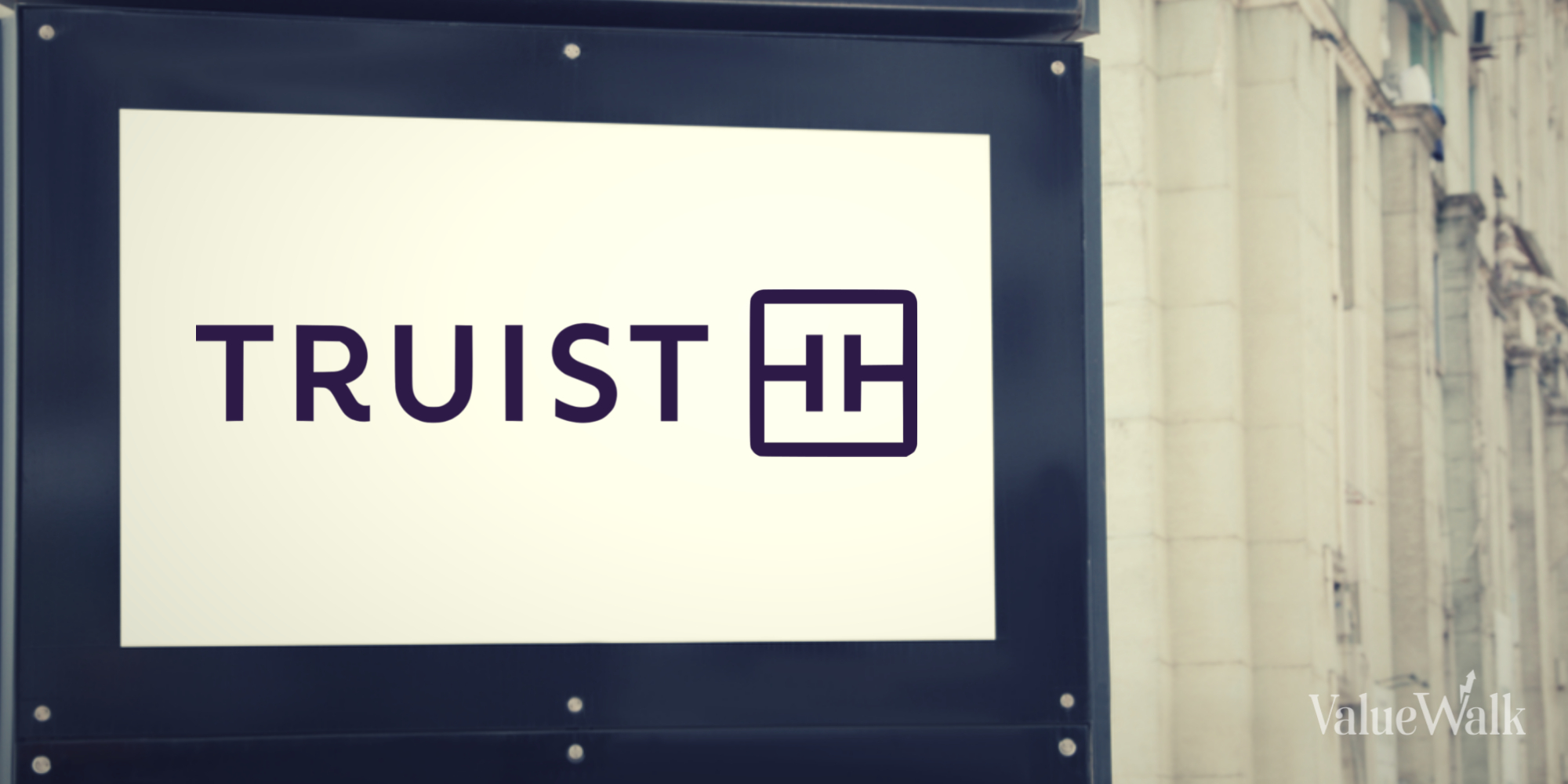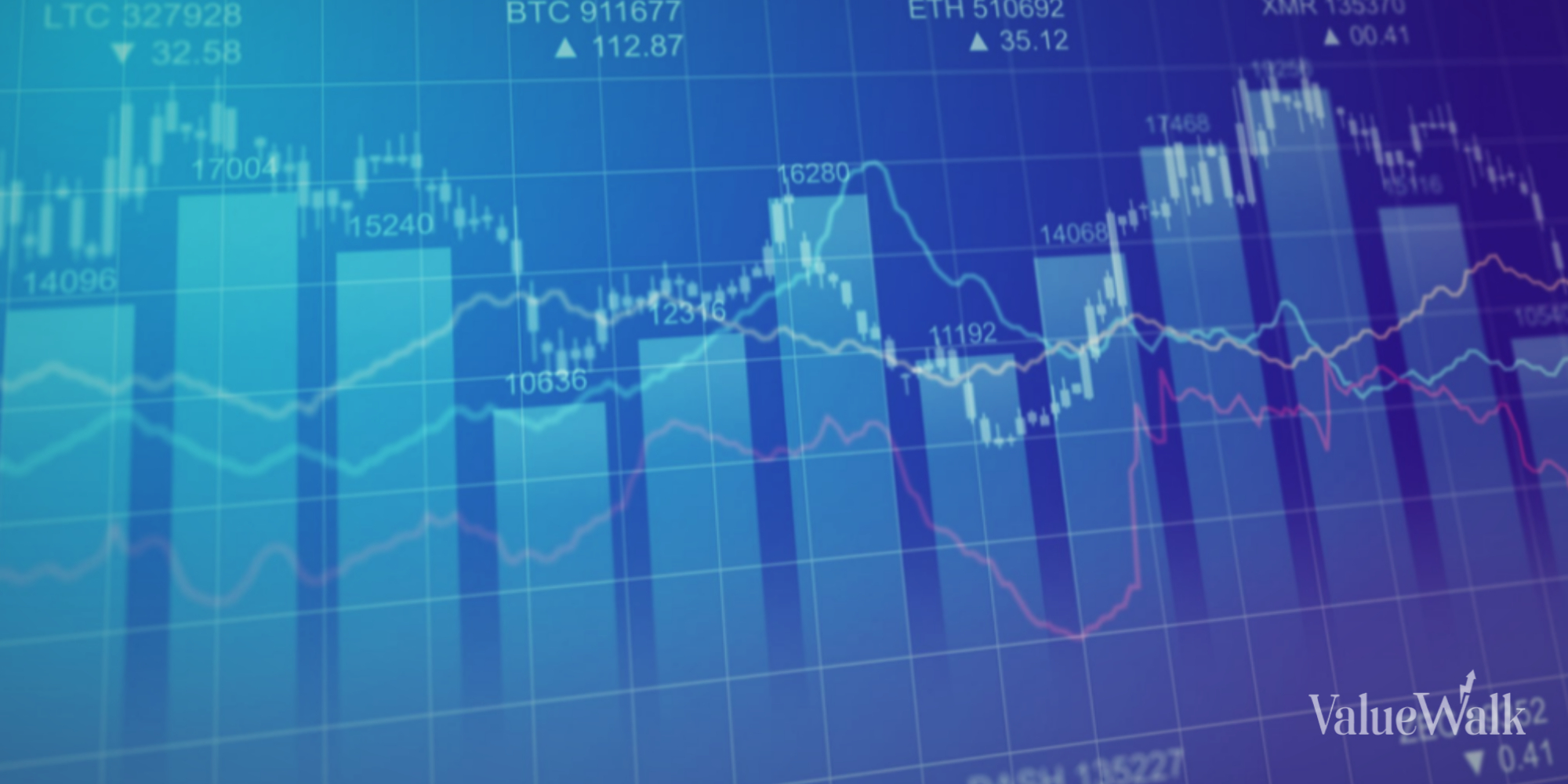June 22, 2015
LRAD Corporation
16990 Goldentop Road, Suite A
San Diego, CA 92127
Attn: Members of the Board of Directors
Dear Board Members,
Iroquois Capital Management, LLC (“Iroquois Capital”, “we” or “us”) manages investment funds that, together with its affiliates, collectively own approximately 5.7% of the outstanding common stock (including shares underlying certain warrants) of LRAD Corporation (“LRAD” or the “Company”), making us one of the Company’s largest unaffiliated shareholders. We are long-term value investors in the Company, having held shares of LRAD since 2005, and have a vested interest in seeing LRAD capitalize on all opportunities that may exist to create significant value for shareholders
In 2013 we worked closely with LRAD to reconstitute and enhance the board of directors (the “Board”) by replacing two of its then-current directors. Shortly thereafter, in early 2014, we transitioned to a passive Schedule 13G filing at LRAD, confident that with a reconfigured board, the Company would be well-positioned to steer itself in the right direction and create shareholder value. In fact, the stock proceeded to double in short form following the momentum of these important structural changes. To that end, we are especially pleased that General John G. Coburn, one of our recommended directors, has proven effective in utilizing his vast experience and network around the globe to expand LRAD’s international footprint, particularly in the Far East. As a result, the Company’s revenue from international business has been growing substantially.
Recently, however, with LRAD’s share price down over 20% year-to-date while the Russell Microcap Growth Index is up 28%, we have become increasingly concerned that management and the Board may not be acting with a proper sense of urgency in terms of capitalizing on available opportunities to enhance shareholder value. Specifically, our concerns include (i) the Board’s failure to effectively manage the Company’s capital resources, including the excess cash on the balance sheet and the lack of share repurchases under the existing buyback plan, and (ii) the Company’s failure to capitalize on available sales opportunities in emergency or general campus notifications, emergency warnings for natural disasters and even the recent shark attacks in North Carolina. We also note that insiders, including the CEO and CFO, have recently engaged in sales of LRAD shares immediately upon the exercise of options sending the wrong message to shareholders. In light of these concerns, we have converted our Schedule 13G back to a Schedule 13D so that we may be able to more actively engage with the Company and shareholders regarding these concerns and the most effective manner for addressing them.
The Board has Failed to Properly Manage the Company’s Capital Resources
The LRAD Board is tasked with the responsibility of acting as a steward of shareholder value. LRAD has excess cash on its balance sheet and, we believe, should take immediate steps to return this capital to its shareholders through either a substantial increase in its share repurchases under the Company’s share buyback program or through a significant one-time dividend and a continuing dividend program.
According to its most recent Quarterly Report on Form 10-Q, as of March 31, 2015, LRAD had over $23 million in cash and marketable securities on its balance sheet, which represents nearly two-thirds of total assets and over one-third of the Company’s market capitalization. What is the reason for holding this much of the Company’s capital in cash? Often companies with excess cash reserves take steps to return capital to shareholders. We believe that without some compelling strategy to deploy such cash, the best approach for the Company is to return it to shareholders.
The Company already has a share buyback program, which it adopted in mid-2013 and which expires on December 31, 2015. Under the buyback program, as amended, the Company has been authorized to repurchase up to $4 million of the Company’s outstanding common shares. According to its public filings, the Company repurchased no shares in fiscal 2013, 277,157 shares for $516,352 (an average of $1.86/share) in fiscal 2014 and an additional 69,213 shares for $158,740 (an average of $2.29/share) in the first half of fiscal 2015. This amounts to share repurchases to date of $675,092, or just 17% of what has been authorized. How can a share buyback program increase shareholder value if it is not being properly utilized? We strongly urge the Board to increase the amount of share repurchases under the program or issue a large, one-time cash dividend to shareholders.
The Company has Failed to Take Advantage of Readily Available Business Opportunities
Another concern is the apparent failure by the Company to capitalize on potentially significant business opportunities, particularly in areas in which the Company could realize substantial growth. Given the highly-publicized nature of many events for which LRAD’s products are typically utilized, there is no excuse in our mind that the Company has failed to recognize and capitalize on these growth opportunities.
The Company launched its omnidirectional product line in 2012 in order to expand into the mass notification market, which the Company views as substantial in size and growing. LRAD has stated that it has “added selling resources to focus on this market,” however, it has missed rather obvious potential sales opportunities. For example, the Company has not built a sales and marketing infrastructure to take advantage of opportunities in emergency or general campus notifications at schools and universities. In light of the recent increase in campus shootings LRAD is well-positioned to provide public and private education institutions with LRAD’s state-of-the-art emergency notification products. LRAD has also missed sales opportunities with respect to emergency warnings for natural disasters.
Ultimately, we believe management needs to do a better job at recognizing potential sources of demand for both its directional and omnidirectional product lines and be prepared to expand into new or underdeveloped markets. The Company should develop its sales and marketing capabilities in these areas to be able to more effectively capture these growth opportunities.
Concerns with Insider Sales of LRAD Stock
In addition to repurchasing a very limited number of what has been authorized under the Company’s share buyback program, we are concerned with the significant selling of LRAD shares by certain insiders. According to their insider filings, the Company’s Chief Executive Officer, Thomas R. Brown and Chief Financial Officer, Katherine H. McDermott, have been exercising their options and immediately selling large amounts of stock at a substantial profit. Mrs. McDermott’s sales are particularly disconcerting given her particularly generous compensation package coupled with the fact that she sold each and every share she exercised.
What’s more, the prices at which these insiders are selling the shares are often higher than the prices at which the Company has offered to repurchase its own shares from LRAD shareholders. Ms. McDermott on the Q1 2015 earnings call essentially admitted that the stock price has been too high for the Company to engage in share repurchases in the first quarter, stating:
“We didn’t have any repurchases in the first quarter. Based on where our stock price has been, it’s been up pretty high at this point so its still – the program is still active through the end of the calendar year. So, depending on the price, if the prices are at a reasonable level, we will do future repurchases, but there weren’t any in the first quarter.”
It appears that LRAD management and the Board will not engage in share repurchases unless it can acquire the shares at a discount, however, when it comes to their own shares, the CEO and CFO are happy to exercise options and sell their shares regardless of the price.
At a time when the Company has excess cash reserves and is conducting its own share buyback program, why are these executives selling their stock in such high numbers? These actions are in contrast to what the Company is attempting to accomplish through the share buyback program.
* * *
In light of all of the above concerns, we remain very excited about the prospects of the Company and open to discussing the best ways in which we can constructively work together with the LRAD Board to take advantage of the available opportunities for the Company to create value for the benefit of shareholders.
Best Regards,
/s/ Richard Abbe
Richard Abbe
Managing Member




